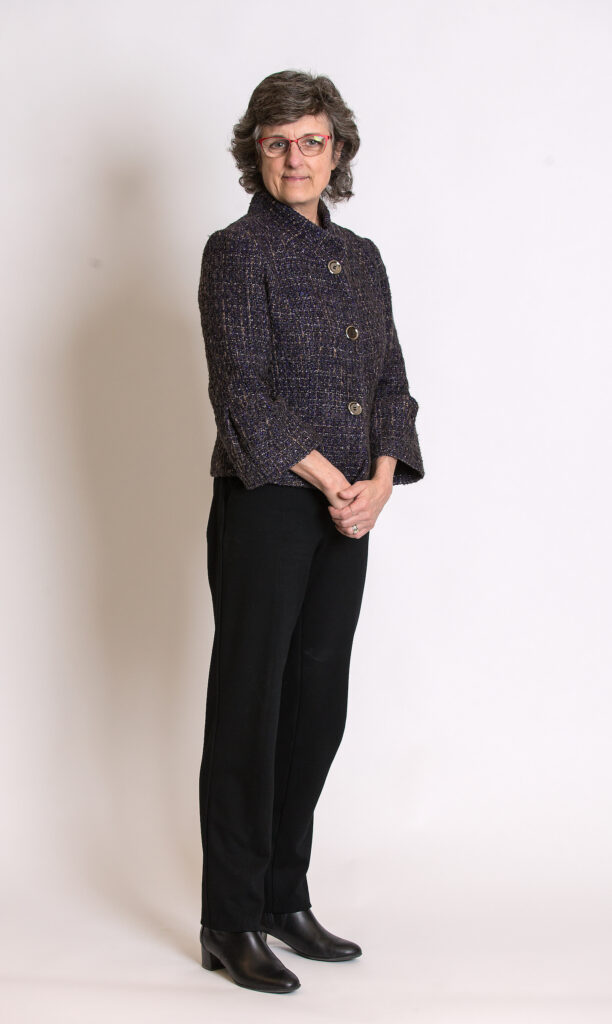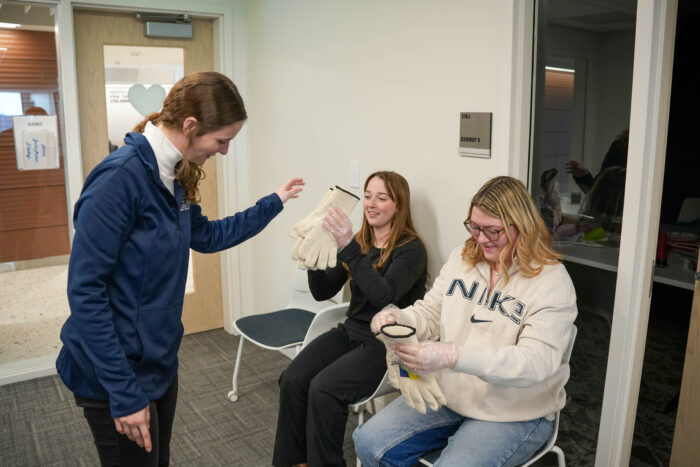
“Forgive and forget” — so the saying goes. But in Rwanda, they must forgive yet remember.
Memory matters because:
- The 1994 Genocide against the Tutsi killed more than one million men, women, and children over four months, making the ability to forget both an impossibility and an unspeakable betrayal of the victims.
- If Rwanda is to continue to exist, memory must be the prerequisite for creating peace in a country where the genocide’s survivors and perpetrators are neighbors, co-workers and even family members who live side-by-side.
The depths of this powerful dual truth connecting memory and genocide echoes the “never again” commitment following the Holocaust. Ironically, humans and history have yet to learn how to stop repeating deliberate and systematic extermination of others because, tragically, hatred is a lesson that is too often taught successfully.
This past July, I experienced firsthand the power of memory for overcoming hatred and creating peace. I was given the opportunity to attend a four-day conference in Rwanda held in conjunction with the 30th anniversary commemorating the Genocide against the Tutsi. Titled “Listening and Leading: The Art & Science of Peace, Resilience & Transformational Justice,” the event was hosted by Aegis Trust, a global nonprofit that two brothers from England launched in 2000 to keep alive the memory of the Holocaust and other genocides. Today the organization is broadly dedicated to predicting and preventing genocide and crimes against humanity. Why did I go to the Aegis Trust conference?
Read her entire blog HERE.
And if you haven’t yet registered, for our Oct. 24 and 25 conference, The Union of Restorative Justice, Healthcare, and Street Outreach: A Healing Approach to Preventing Gun Violence, please do.


